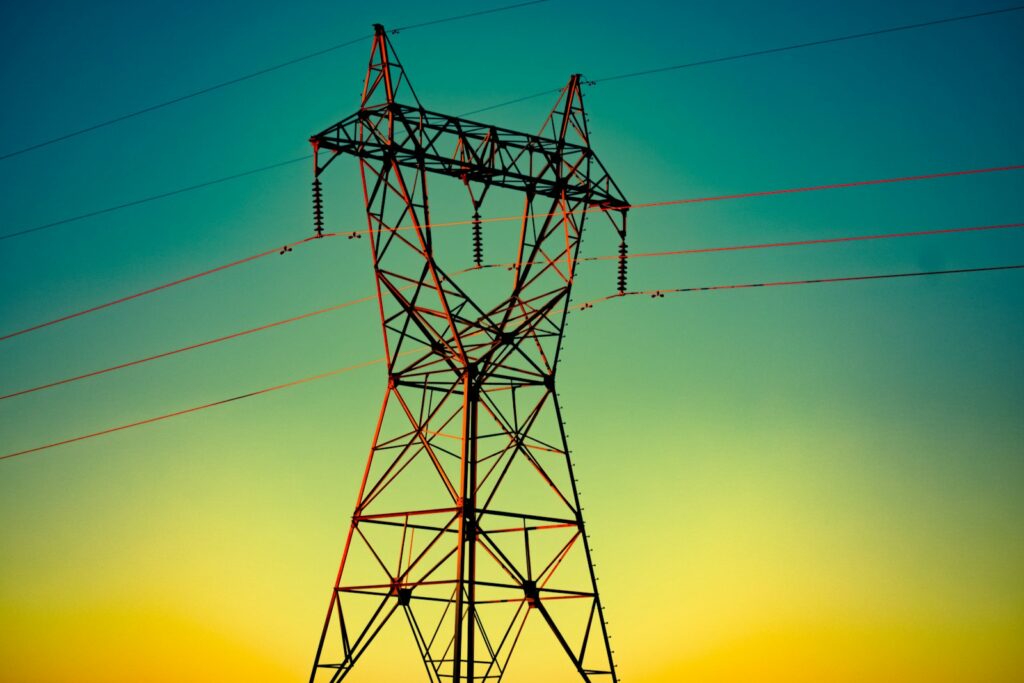Researchers believe explaining how our behaviour is aggravating flooding, heat waves, and droughts could boost our understanding of environmental cause and effect.
Scientists at Oxford University have published the results of a new study in the journal Nature Communications. The team believe that the same tools used in traditional weather forecasting could also be utilised to quantify human impacts on atmospheric conditions and events.
Climate physicists led by Professor Myles Allen believe they have successfully demonstrated how high tech weather forecasts can include information on greenhouse gas emissions, and their effect on extreme weather events.
Focusing in on recent news from the US and UK, the team found that human behaviour and activity worsened specific weather events and increased the likelihood they would occur. The results of the investigation were published just as the United Nations AI For Good Summit began in Geneva. Members of the Oxford team led sessions o how artificial intelligence and machine learning could improve regional forecasting and climate predictions.
‘We have shown for the first time that the same top-quality models used for weather forecasting, which are tested relentlessly every day, can be used to show the impacts of global warming,’ said Professor Myles Allen, who leads the Oxford University Physics research team. ‘Multi-billion-pound decisions depend on adapting to climate change, so we need the most reliable means possible to inform them – and this is it.’
Environment Journal has already explored a number of AI use cases within climate-aligned sectors, sustainability and environmental sciences. These include more efficient management of energy sources, supplies, and grids; improved regulatory reporting; and more accurate modelling for extreme and everyday weather events.
More on climate change and net zero:
The UK environment deserves better than the Conservative manifesto

















